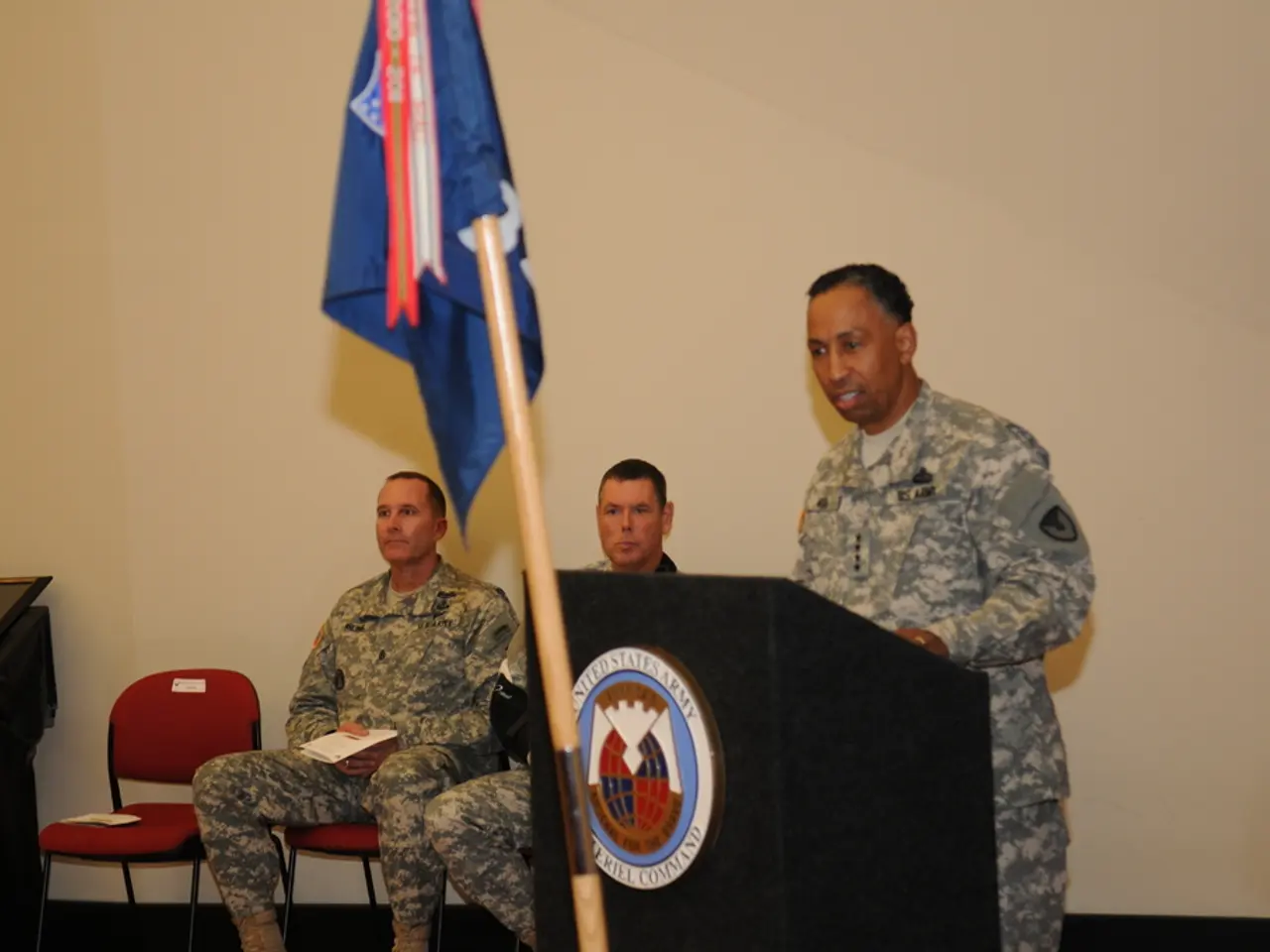Supreme Court invalidates biased reservation system for men in Judge Advocate General roles
The Supreme Court of India has made a landmark decision in a case filed by two women seeking appointment to the post of Judge Advocate General (JAG) in the Indian Army. The bench of Justices Dipankar Datta and Manmohan declared the existing reservation policy, which reserved six out of nine JAG branch vacancies for men, as unconstitutional and arbitrary.
The Court underscored that gender neutrality means selecting the most meritorious candidates irrespective of gender. It cited examples like women flying Rafale jets and serving in combat zones, arguing that no policy should limit their entry in any Army branch. The Court noted that Section 12 of the Army Act permits women to join any branch where they are allowed but does not authorize fixed quotas restricting their numbers.
Two women petitioners, who ranked higher than selected male candidates, were denied appointments due to the male-female seat split. The Court directed that at least one of them be inducted based on merit. However, the Court stated that the second petitioner is not entitled to any relief.
The Court also questioned the Union of India for keeping fewer posts vacant for women in the JAG posts, despite claiming them to be gender neutral. It stated that the executive cannot reserve vacancies for men, and that such a move is arbitrary and violative of the right to equality.
In May this year, the Court reserved its verdict and directed the induction of one of the petitioners. Today, the Court finalised its earlier directive to appoint the first petitioner to the JAG post and also finalised the induction of the first petitioner into the JAG department.
The Court did not accept the submission that the selection ratio from 2023 onwards is a 50:50 ratio for JAG posts. Instead, it ordered the government to conduct future JAG recruitments without gender-based seat divisions and to publish a combined merit list showing marks of all candidates.
This judgment is a significant step towards gender equality and meritocracy in the Indian armed forces, particularly abolishing the male reservation in JAG branch recruitment. The Court's ruling emphasizes that the Army and the government cannot impose a ceiling or quota restricting the intake of women once they are permitted to enter a corps under Section 12 of the Army Act, 1950. The Court also stated that "No nation can be secure if such policies are followed."
- This landmark decision by the Supreme Court of India concerning the JAG post in the Indian Army has highlighted the importance of gender neutrality in education and self-development, as well as policy and legislation, especially in career development.
- The Court's ruling emphasized that personal growth should not be restricted based on gender, citing examples of women serving in combat zones and flying Rafale jets, thereby advocating for equal opportunities in sports and sports betting as well.
- The Court's decision to question the Union of India for keeping fewer posts vacant for women in the JAG posts, despite claiming them to be gender neutral, underscores the need for skills training to be gender-neutral and accessible, ensuring the growth and development of all individuals.
- The Court's final ruling to abolish the male reservation in JAG branch recruitment and order future recruitments without gender-based seat divisions is a significant step towards general news, not just within the armed forces, but also in promoting a society that values meritocracy and equality for all.




